The breakdown in the U.S.-Russian bilateral relationship threatens to be long-lasting and volatile. Exchanges between policymakers on both sides have descended to depths not seen since the darkest days of the Cold War. Normal channels of communication between the two governments are barely functioning. Links between U.S. and Russian societies have also been negatively impacted by the crisis, making people-to-people exchanges more important than ever.
Against this difficult backdrop, Carnegie Moscow Center’s new project aims to strengthen exchanges and dialogue between leading U.S.- and Russia-based scholars and experts, and to create new communication channels between the voices of the younger generation.
The project is implemented in cooperation with the U.S. Embassy to Moscow.

Polish society will not accept the Russian interpretation of World War II and vice versa, so the two nations should stop trying to force their revisions onto each other and jeopardizing their relations over every historical bone of contention.
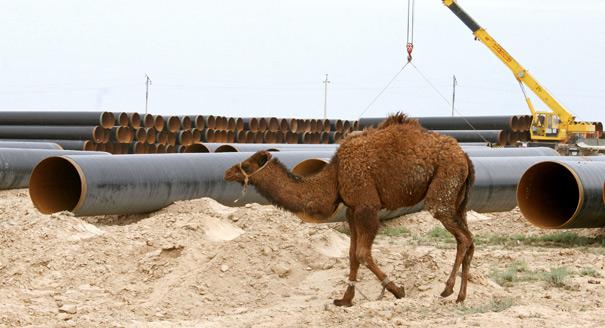
For Kazakhstan, cordial relations with the United States are an important part of its strategy for counterbalancing Russian and Chinese influence.

Testing the possibilities of internationalizing the Chinese currency in Russia is a tempting prospect for both Beijing and Moscow, but agreements on paper simply aren’t enough to change reality.

The ongoing confrontation between Russia and the United States has led to drastically reduced cooperation in all areas, including education and academia.
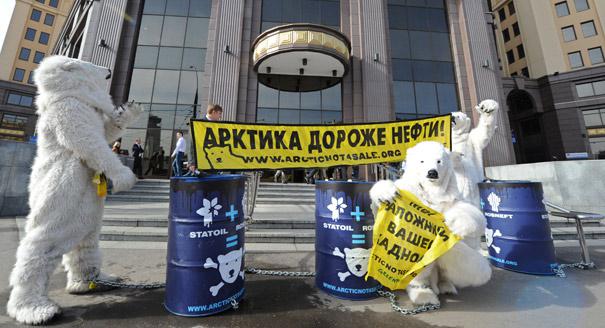
In theory, climate change and green energy are areas in which there is scope for joint international projects, new investment, and the transfer of green technology to Russia. Yet drastic differences in targets set and regulatory frameworks make such an optimistic scenario unlikely.

The Biden-Putin summit has elicited hopes for a new status quo in relations between Russia and the West, marked by guardrails and the prevention of further destabilization. Yet this momentum will be short-lived if it is not backed up by coordination between the United States and Europe, and commitment from Moscow.
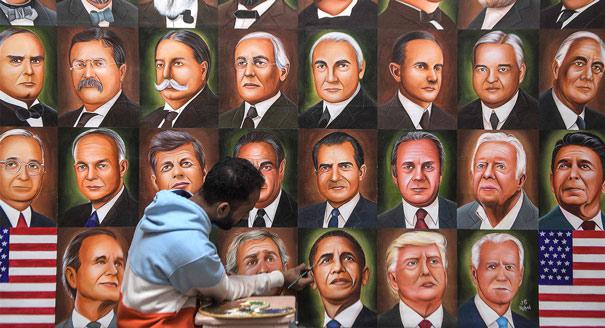
For now, India’s role in the Western Pacific region remains symbolic, and in the Indo-Pacific context, confined to the Indian Ocean Region.
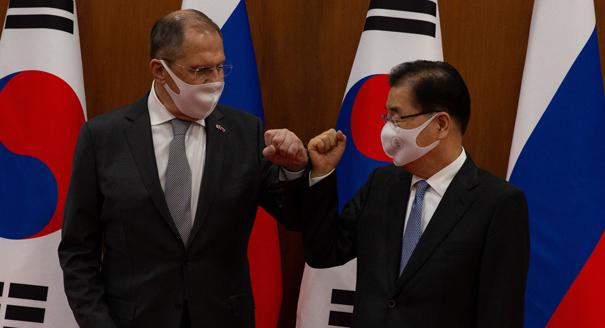
The U.S.-Russia standoff has escalated so much in recent years that other countries find it almost impossible to maintain good relations with both Washington and Moscow. Those who manage to tread that line successfully include South Korea.
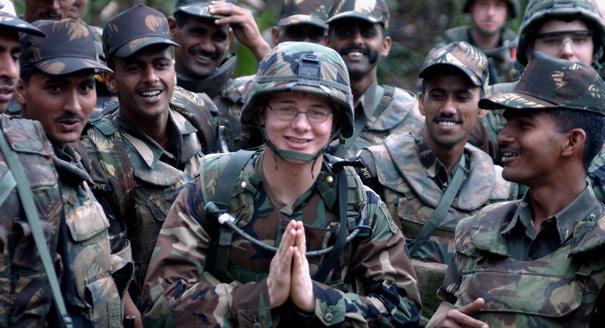
Russia and India’s divergence toward the two global centers of power—China and the United States—is gradually burning the bridges of Russian-Indian friendship.